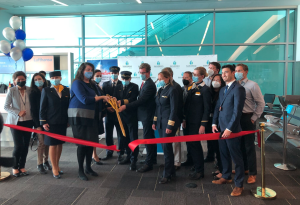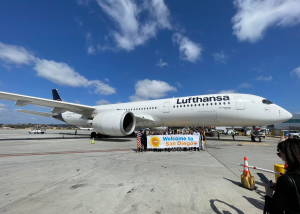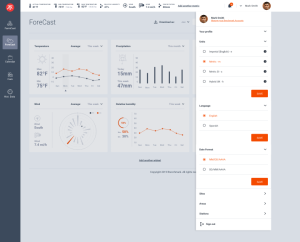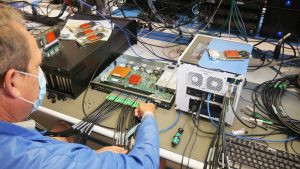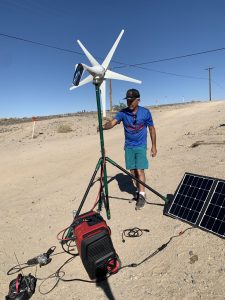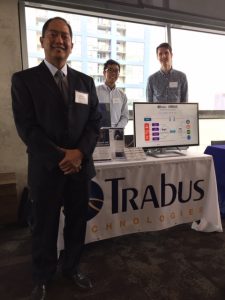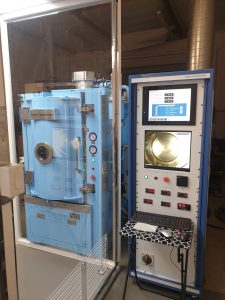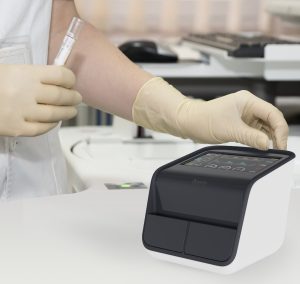Each month, World Trade Center San Diego delivers the latest global news and updates straight to your inbox, sponsored by Lufthansa Group.
In Q3 2022, here’s what you need to know about San Diego’s global trade, investment, and engagement. ➝ Get WTCSD’s Global Brief each quarter.
MetroConnect VI: Meet the cohort
In February, WTCSD announced the sixth cohort of its MetroConnect program, helping 15 small and medium-sized businesses expand international operations and export pipelines. This year’s cohort spans key regional innovation industries, including tech, life sciences, and consumer goods, highlighting San Diego’s continued global growth and diverse innovation economy.
Spotlight: Lufthansa Group keeps San Diego going global
A long-time partner, Lufthansa Group continues to work collaboratively with WTCSD and the San Diego Regional Airport Authority to offer a trusted gateway from the San Diego region into Western Europe. Lufthansa’s new nonstop flight to Munich, among other efforts, is helping San Diego return to international travel and expand global connectivity—including WTCSD’s upcoming trade mission to the Netherlands.
Real Dog Box launches local shopping partnership program
Meet Real Dog Box, a San Diego startup and MetroConnect VI company dedicated to creating single-ingredient treats that enhance dogs’ lives and health. Via nine local partnerships, Real Dog Box’s new Pawsport program helps San Diegans support dog-friendly businesses and win big.
San Diego News
- San Diego, Tijuana business groups sign MOU for binational economic growth
- ResMed acquires German healthcare software firm MediFox Dan for $1B
Events
- August 31 – EDC and Alexandria Real Estate Equities, Inc.
Summer Bash 2022 - September 24-29 – WTCSD
Thriving Cities Trade Mission to the Netherlands - September 20-22 – U.S. Department of Commerce
Discover Global Markets: The Blue Economy
Grow your company in san diego↓
World Trade Center San Diego works directly with companies—free of charge—to help them expand internationally and grow in San Diego.
- Export Specialty Center: For small companies interested in learning about exporting and international growth.
- MetroConnect: For small and medium-sized companies ready to export and grow internationally.
Plus: Get WTCSD’s Global Brief, monthly global news and updates delivered straight to your inbox.
You might also like:
- WTCSD’s Q2 Global Brief: Ukraine impacts, Tijuana talent, and more
- Investor Spotlight: The Lufthansa Group
- WTCSD: Thriving Cities Trade Mission
For COVID-19 recovery resources and information: Visit this page, or see how we can help your company free of charge.
